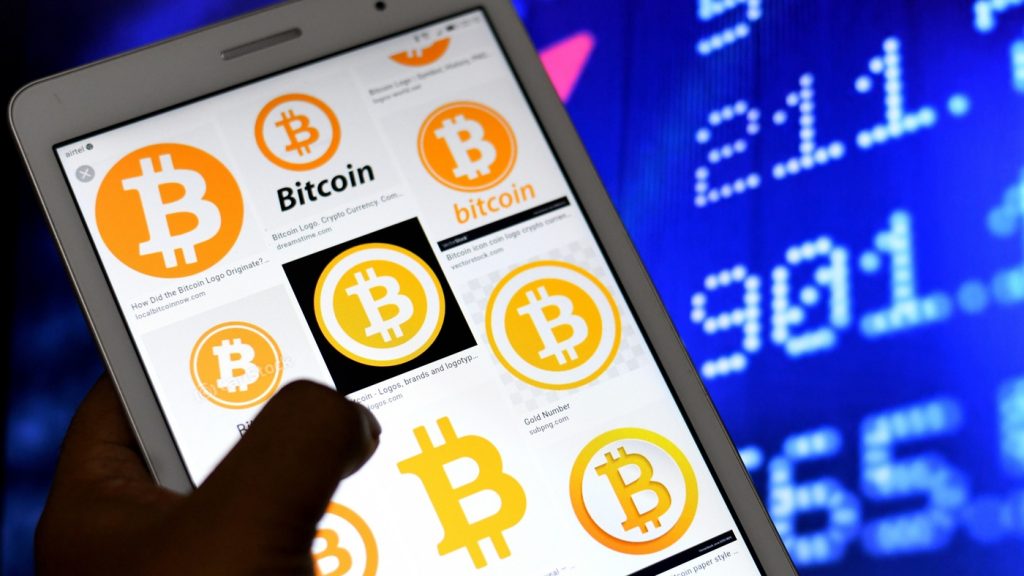
The difficulty has plagued bank robbers and drug smugglers: the best way to transfer and conceal massive quantities of ill-gotten profits without getting captured?
In the last couple of decades, ransomware hackers have found a nearly ideal solution — cryptocurrencies such as Bitcoin. It is fast. It is simple. On top of that, it is mostly anonymous and difficult to trace.
In the most recent instance, the world’s biggest beef processor, JBS, announced Wednesday night that it lately paid $11 million in Bitcoin following a cyber assault forced the shutdown of its own plants from the U.S., Canada and Australia. The FBI has blamed the attack on a Russian criminal group.
“You finally have a option to move tens of thousands of dollars worth of cryptocurrency across national borders in moments,” said Yonatan Striem-Amit, also a co-founder of Cybereason, a Boston-based company that delivers protection against hackers.
“It is in fact a really strong instrument at the hands of criminals to do money laundering, to change currency from 1 country to the other in a means that is in a way untraceable and certainly uncontrollable”
Until lately, many cyber offenses included the small theft of credit cards or bank account.
“When we had been speaking two decades back, we wouldn’t be speaking about Bitcoin as being the most dominant kind of paying away ransom,” said Hitesh Sheth, president of their cybersecurity firm Vectra at San Jose, Calif..
Enormous payments, small risk
Bitcoin along with other cryptocurrencies made it feasible to extort massive ransoms from big businesses, hospitals and town authorities. And in the event the cyber thieves reside in nations such as Russia — that most do — there is virtually no possibility of being caught.
Paradoxically, cryptocurrency exchanges occur on what are known as”people ledgers.”
This means anyone can watch online. However, the parties within a trade are still anonymous, disguised using a random amount.
“You see precisely how in which the money moves from 1 speech, and a single pocket, to a different,” explained Striem-Amit of all Cybereason. “But, there’s absolutely not any way for individuals to connect a individual with these pockets. And a great deal of folks haven’t only 1 address, 1 pocket, however have hundreds.”
Therefore hackers can continue transferring the money from a anonymous accounts to the next. This makes it rather difficult — though not impossible — to follow.
Think about the event of Colonial Pipeline, that has been hacked last month, resulting in the shutdown of gas supplies from the southern U.S. for the greater part of a week.
The Justice Department stated that the FBI recovered over half of the $4.4 million in ransom which Colonial compensated to the hackers, that are called DarkSide and considered to be located in Russia.
This case indicated a large breakthrough. The Justice Department explained that this was the very first time a task force dedicated to ransomware has managed to claw back any of their cash.
An exception
However, this is not likely to be the standard anytime soon. The FBI poured funds in the Colonial case since it turned out to be a high-profile assault which shut down a pipeline crucial to the country’s economy.
The FBI will not have the ability to devote a lot of resources to each ransomware assault. And the instances are hard to address.
According to court records, the FBI worked its way through a record of over 20 cryptocurrency accounts to discover the hackers. As it did find the accounts, the agency then searched a U.S. court order to capture the capital.
But then comes the true puzzle. Even if the FBI found the pc, and also had the court order, the agency needed the key encryption key to unlock the accounts and then catch the Bitcoin.
The FBI has not explained how it did so, which has prompted widespread speculation along with a selection of potential situations from the cybersecurity community.
Even the FBI discourages ransom payments, and a few businesses do refuse to cover. However, the choice is all up to the business or institution that’s been struck, and several feel it is far better to cover and restart operations instead of hazard an extended shutdown.
Meanwhile, private organizations are recognizing they have to concentrate more on the danger of ransomware.
“As an example, of directors of big businesses, cybersecurity that the previous couple years is now a popular subject,” said Hitesh Sheth of all Vectra. “It isn’t merely cybersecurity, for example,’Hey, how can I stop strikes?’ It has gone ,’What’s our ransomware strategy’ It has become very special.”
Ransom insurance
The ransom needs, along with the obligations, have dropped.
“We’ve seen, together with our customers, ransoms paid in more than 10 million dollars, together with requirements as large as 40, 50 and 60 million bucks,” said Oren Wortman, that manages cyber problems to its insurance broker firm Beecher Carlson.
Some insurance companies are no more covering ransomware, or are imposing a variety of limitations, ” he added.
“You will find insurers around who aren’t writing any new company,” he mentioned. “You will find insurance companies that are dropping company. And you will find insurance companies that are fully excluding healthcare, public sector and higher education,” all of which can be regular targets.
Amid all the improvements, the Biden government and a few members of Congress are beginning to speak about regulating cryptocurrencies. However, it is only talk.
